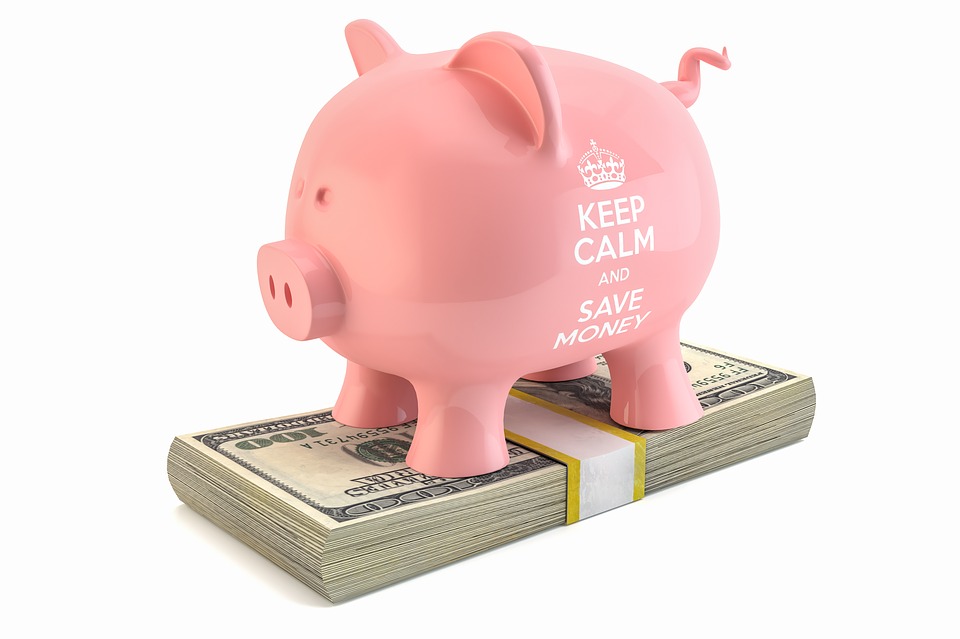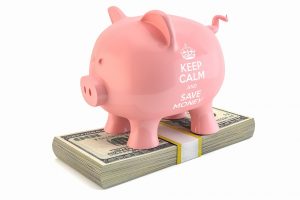
The 4 Types of Business Expenses

When running a business, you’ll have to purchase goods and services from other vendors. Known as expenses, they are essential to all businesses’ operations. Whether you run a retail store, a restaurant, a landscaping company or any other business, you’ll incur certain expenses associated to your business’s operations. With that said, there are four different types of business expenses, each of which works in a different way. To learn more about the four types of business expenses, keep reading.
#1) Variable Expenses
A variable expense is a business-related expense that, as the name suggests, can change over time. If you purchase goods or services with a fluctuating, non-static price, you should record those transactions as a variable expense. Production materials, for instance, are considered a variable expense. The cost of production materials often varies depending on the purchase volume, contract length and other factors. Credit card fees can also be considered a variable expense. Since credit card fees fluctuate, you should record them as a variable expense.
#2) Fixed Expenses
A fixed expense, on the other hand, is a business-related expense that does not change over time. Lease payments, for example, are a fixed expense. If you lease a commercial building or office in which to run your business, the monthly lease payments are considered a fixed expense. Equipment leases are another common type of fixed expense. When you lease equipment, you’ll typically pay the same amount each month.
#3) Accrued Expenses
Another type of business-related expense is accrued. Accrued expenses include expenses incurred by your business for which you haven’t paid. Not all vendors require customers to pay for their goods or services upfront. Some allow them to pay at a later date. If you purchase goods or services for your business but don’t immediately pay for them, you should record the transaction as an accrued expense.
#4) Operational Expenses
Finally, an operational expense is a business-related expense that’s not directly linked to your business’s production activities. Instead, it’s incurred as a part of your business’s normal, day-to-day operations. Common examples of operational expenses include marketing and advertising, insurance, research and development and equipment.
To recap, the four primary types of business expenses include variable, fixed, accrued and operational. Variable expenses are characterized by their ability to change over time. Fixed expenses, on the other hand, do not change over time. Accrued expenses are unique because they involve debt, while operational expenses aren’t linked to your business’s production activities.
Have anything else that you’d like to add? Let us know in the comments section below!
